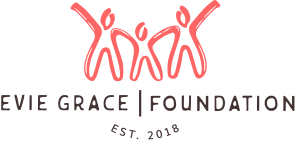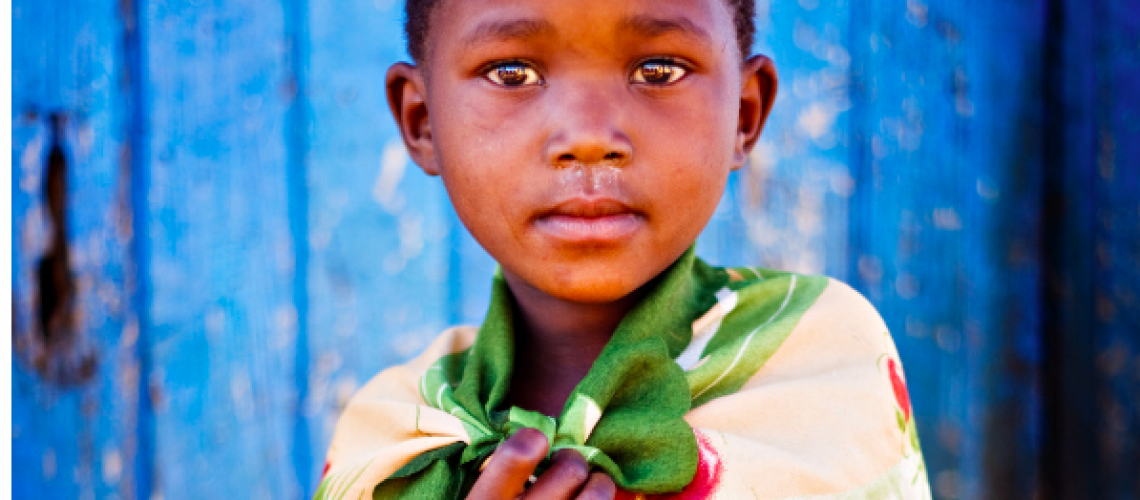While many cultural practices are harmless and, in fact, fascinating, there are a few practices that conflict with the Universal Declaration of Human Rights. Female Genital Mutilation (FGM), Early/Child Marriages, Marriages by abduction, polygamy, and other hazardous traditional practices (HTPs) are by far the most common such practices.
In this blog, we mainly intend to highlight the issue of early/child marriages.
One might think that child marriage is something that used to happen in the past and perhaps may have faded away by the dawn of this century. But truth be told, child marriages continue to thrive in many different countries all over the world. Approximately 12 million people are estimated to be married before they turn 18.
Many communities still encourage this practice due to traditional reasons. If the girl isn’t married at a young age, people often consider it shameful or dishonourable. They tend to form a negative opinion of both the girl and her family. This leads to adverse effects such as lack of support from the community and, in worse cases, being shunned from the society itself.
Some of the other social impacts on the girl and/or her family include:
- Disruption of social life
- Low self-esteem
- Broken marriages
- Less educational facilities
- Limited employment opportunities
Early marriages affect girls both physically and psychologically, the main reasons being pregnancy and childbearing at such a young age. Other lasting effects include:
- Incontinence
- Mental illness
- Vaginal Tearing
- Sexual abuse
- Increased death rate during the birth of the child
- Premature birth of the baby
- Sexually transmitted diseases
Reasons for early/child marriages
- Poverty: Even in the modern world, many communities still believe girls earn less than boys and are thus less valuable than boys. Many parents think that a marriage will provide them financial security and gain, but mostly it puts the girls in a disadvantaged stage.
- Cultural norms and beliefs: Many communities believe marriage is another phase in womanhood. As a girl starts her menstruation, she is considered ready to get married and become a mother. Marriage is considered to add to the family’s honour or foster political ties between communities.
The case of Rita*
Rita was a girl in her early teens who was married off and eventually forced to have sex with her husband even when she wasn’t ready, emotionally, and physically. She ended up getting pregnant. Due to her young, underdeveloped body, nutritional deficiencies, and lack of education, she died during childbirth. The family was devastated. And yet, this does not change things. Another girl child is born, and the cycle repeats.
This is the current situation in many countries. Despite this, people are still reluctant to address or even discuss these issues. Discussion, exposure, and creating awareness can be immensely helpful in combating these malpractices.
Addressing the problems
Enforcing laws promoting education and creating awareness is a good starting point. In particular:
- Education for all children
- Education for parents to understand the impact of child marriages on children
- Breaking the stigma and taboos by talking about issues and normalizing conversations.
- Access to healthcare for all
On the bright side, there has been a noticeable decline in child marriages in many countries where laws were reinforced, and education programs by the governments were implemented. Some developing countries, such as Malawi, have already enforced a ban on child marriages.
Additionally, a variety of programs in various communities and sponsorships by donors have helped many children to continue to study and earn on their own. It takes many more people, communities, NGOs and governments working together to address these problems to take appropriate action.
Bottomline – A child must never be married. All children must be provided with a good education that teaches valuable life skills with which they can stand up for themselves.
The Evie Grace Foundation works to eliminate child trafficking – another effect of certain hazardous traditional practices.
*Name changed for privacy reasons
Sources:
https://theconversation.com/child-marriage-in-north-africa-still-a-lot-to-be-done-125400#:~:text=Child%20marriage%20is%20widespread%20across%20developing%20countries%2C%20cultures%20and%20religions.&text=In%20West%20Africa%2C%20Niger%20has,%25%20and%20Guinea%20with%2051%25.
https://web.archive.org/web/20131014172929/http://esaro.unfpa.org/public/cache/offonce/pid/12340;jsessionid=335EEB85D3DDF28D04E3D82F7753FC83.jahia01
Written by: Chandini Balla


